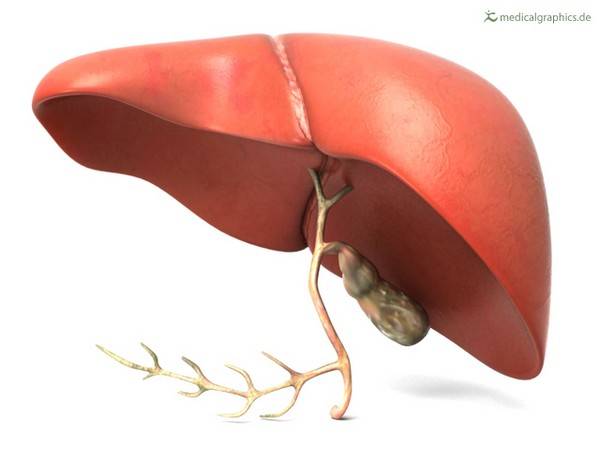
Sedentary Lifestyle in Youth Linked to Metabolic Liver Disease
On average, children from the study spent 6 hours a day sitting or otherwise being sedentary, but this time increased to 9 hours daily by young adulthood…reports Asian Lite News Kids who


